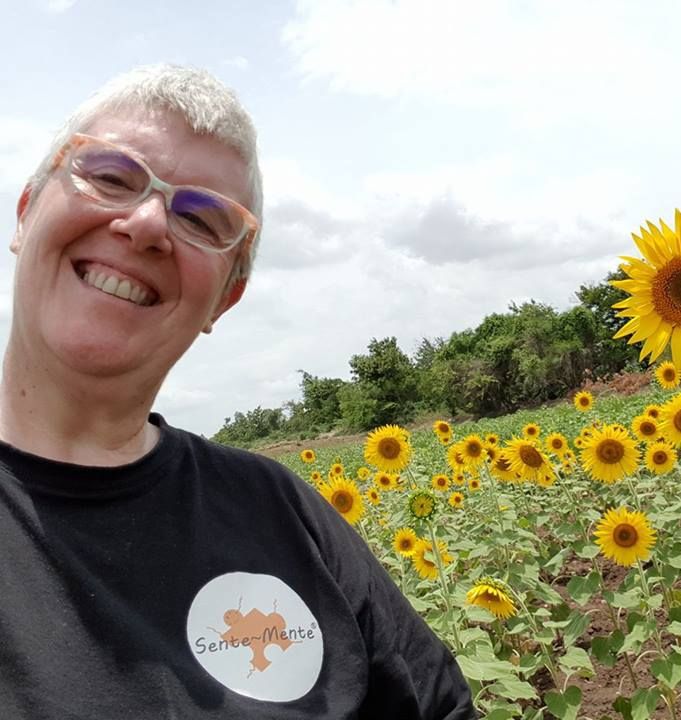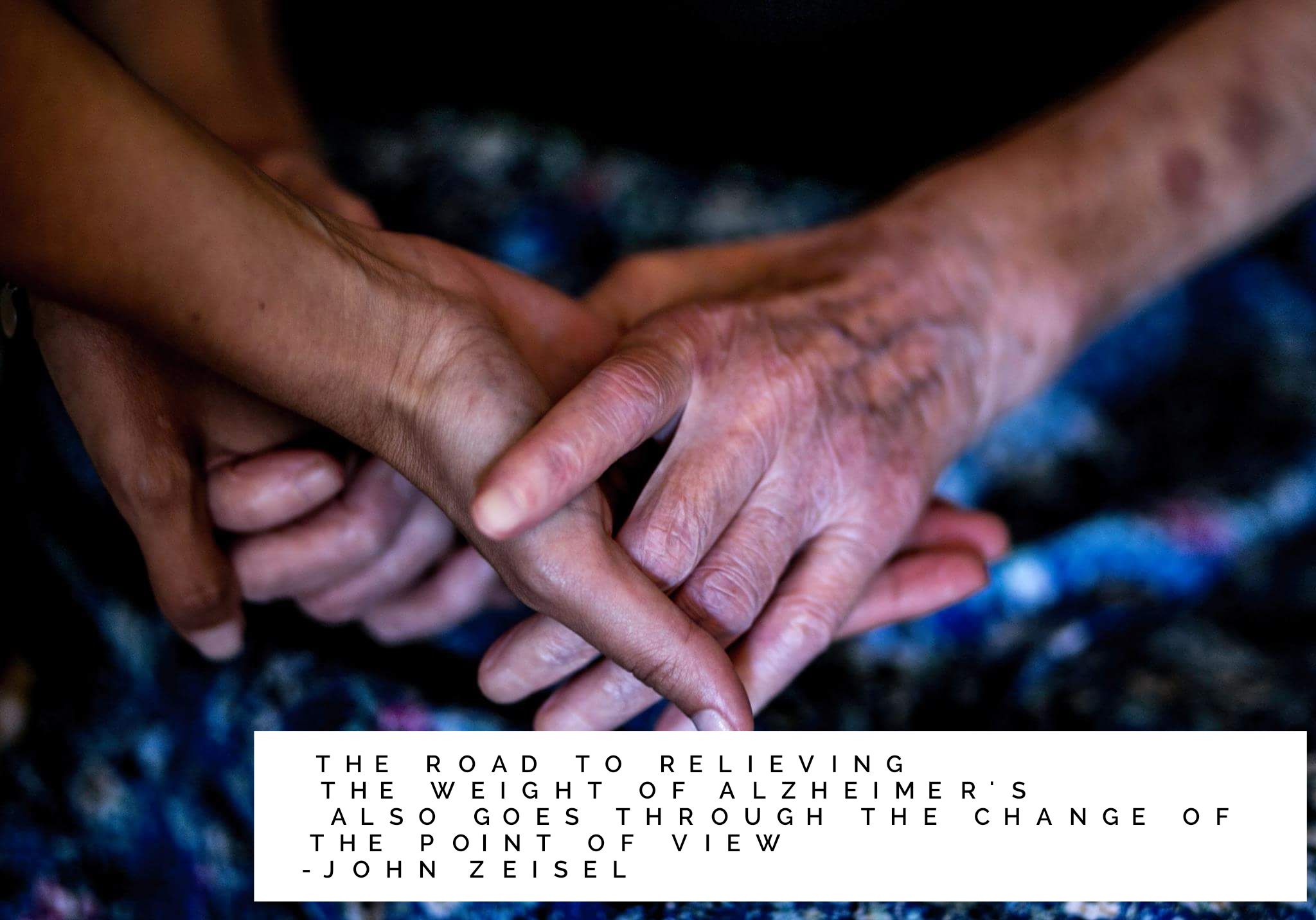The news, in last two years, too many times have told dramatic episodes of abuse in elderly. What are the words of the World Health Organization, in the Ministry of Health’s information on the subject of abuse?
“For abuse to the elderly means a single or repeated action, or the absence of appropriate action, which causes harm or suffering to an elderly person, in the context of a relationship in which there is an expectation of trust . This type of violence is a violation of human rights and includes abuses of a physical, sexual, psychological, emotional, economic and material nature, abandonment, neglect and serious forms of loss of dignity and respect. “
In these few lines, how many brutal actions can be contained? Infinite, but by reading each word carefully and with awareness, we can open up many arguments.
Often when we hear about abuse, our mind immediately connects to physical actions related to violence, but today I want to share with you some reflections that instead concern the dignity and abuses of an emotional nature.
The dramatic news, in most cases, concern elderly people living with dementia or neurodegenerative diseases and that, over time, they no longer have the ability to make their voices heard and defend themselves from distracted gestures of care or worse than violent cases. Too many times it is still affirmed that people with dementia “do not understand anything”, and therefore one feels authorized to choose automatic actions that do not consider the person, but a sick body towards which to perform welfare actions.
Being professionals in social and health care facilities is not easy, but it is a continuous gym of life! The focus of our actions and the language we use are some of the pieces that can make the difference in the quality of our work, our life and that of the people we care about.
A CHANGE OF PERSPECTIVE
It is necessary to change point of view, starting from the dignity of the person.
It is time to say no more than conventional thoughts on Alzheimer’s disease and instead choose actions and tools to live the possibilities despite the disease. In my family and professional way I was able to experience the simplicity and potential of Sente-Mind®, because it trains families, operators and social-health organizations to unveil their skills to live better and with dignity, despite the disease and its difficulties.
“Making it possible for family members and practitioners to become” tools of care “themselves is possible today. While the search for a healer drug fails, the branch of scientific research is urging and becoming ever more powerful, testifying how people who live with dementia lose many cognitive powers, but never ever the ability to feel emotions and to recognize and reflect the emotions of the people who take care of them “, says Giusi Perna, Sente-Mente® Neuropsychologist.
It is therefore important not to surrender to impotence and to avoid leaving in the background dignity, emotions, desires and social and relational needs. For example, the focus of care actions is aimed at work performance as an end in themselves or go to the person with his dignity, within a relationship that cares?
It is essential to grow and “go to the heart of the problem” to create new opportunities.
THE COURAGE OF GROWING
The WHO states that the risk factors that can increase the chances of abuse of an elderly person can be found on an individual, relational, community and socio-cultural level.
Furthermore, in listing the various strategies to prevent ill-treatment of the elderly, the importance of training opportunities for family members and staff, of care facilities, including in terms of dementia, is expressed.
It is time for novelty and dignity to spread a culture goes beyond the dramaturgy of the disease and the dehumanization of services.
Sente-Mente® was conceived by Letizia Espanoli (trainer throughout the national territory) and was born thanks to the strength of indignation to stand next to people living with dementia, organizations, operators and family members who want to grow up create new opportunities.
The relationship needs “artists of care” who choose to courageously plan humanization by avoiding building weakening routines, which not only generate stress, but also trigger quantitative and non-qualitative mechanisms. Some directors of social-sanitary structures have chosen to start the training trip with Sente-Mente®, having clearly understood that even before considering the elderly person “at the center”, it is fundamental to take care of all the people who are part of the organization.


